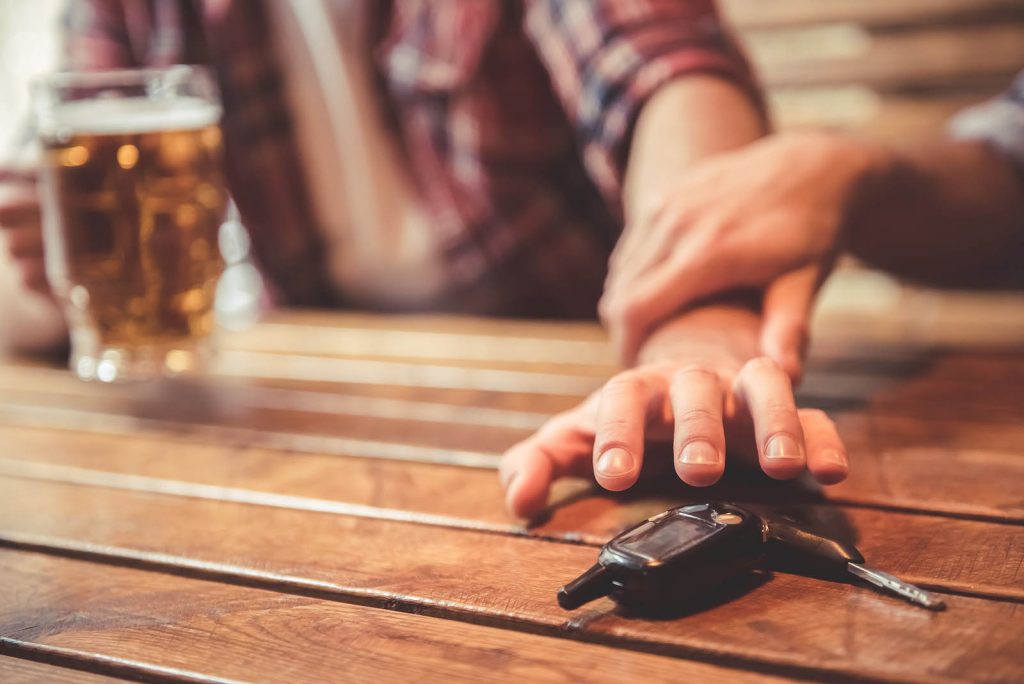Too often drinking and driving results in serious consequences on and off the road. Fortunately, a new report reveals the number of teens who are drinking and driving is decreasing.
Details Of The Report
Between 1991 and 2011, the number of teens drinking and driving dropped by more than half, according to federal health officials. Additionally, the U.S. Centers for Disease Prevention and Control says that nine out of 10 high school students report they did not drink and drive in 2011.
However, this means one in 10 high school students are drinking and driving. This represents nearly one million students per month.
The report also states binge drinking plays a role in teenage drinking and driving. Of the teens who reported drinking and driving, 85 percent also reported binge drinking, which is consuming five or more alcoholic drinks in a short period of time.
Drinking and driving is particularly risky for teens. They are 17 times more likely to die in a crash with a blood alcohol concentration at the legal limit of 0.08, compared to when they have not been drinking.
Reasons For The Decline
There are several reasons for the decrease. New laws aimed at curbing teenage alcohol consumption are one reason for the decline.
Additional reasons include:
- Minimum drinking age of 21
- Compliance checks of retailers
- Less time spent driving
Increased involvement by parents and an overall increase in efforts to address the issue have also played significant roles in the decline. Additionally, the wallets of teens are particularly sensitive to higher gas prices and bleak economic conditions.
Penalties For Underage Drinking In New York
New York has a zero tolerance law for underage drinking. This makes it illegal for any driver under age 21 to consume alcohol. If a young driver is stopped on suspicion of drinking and driving, a breathalyzer test is administered. Penalties for a blood alcohol content of 0.02 to 0.07 include:
- 6 month license suspension
- $125 civil penalty
- $100 suspension termination fee
Additional offenses may result in license suspension for up to one year or until the driver reaches age 21. Penalties for a first offense DWI, which means driving with a blood alcohol content of 0.08 include:
- Fines and surcharges
- License revocation
- Potential jail sentence
- Higher insurance premiums
License revocation penalties differ depending on age. Drivers under age 21 face a license revocation of one year for a first offense DWI or refusing to take a breathalyzer test. For a second DWI offense, license revocation stays in effect until the driver reaches age 21.
Teens and parents of teens facing drinking and driving charges can benefit from the help of an experienced DWI attorney. The DWI attorney can provide valuable assistance as well as outline the rights of the alleged intoxicated driver.
